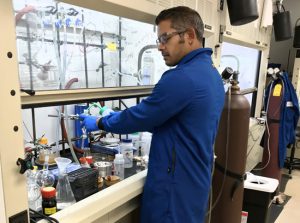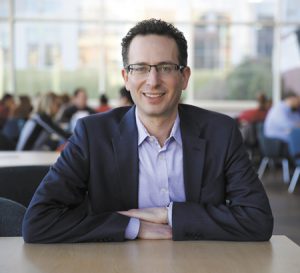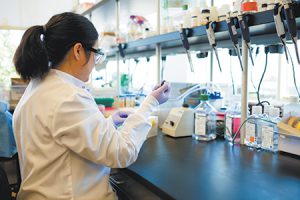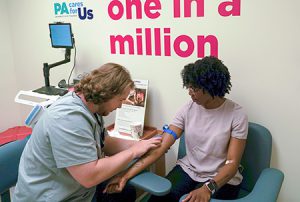
Endocyte’s $2.1B deal with Novartis comes after years of setbacks
The West Lafayette biotech firm’s stock traded as low as $1.41 last fall, following multiple setbacks and restructurings. But the stock had soared to $24 Thursday morning after news that it would be acquired by Novartis.






